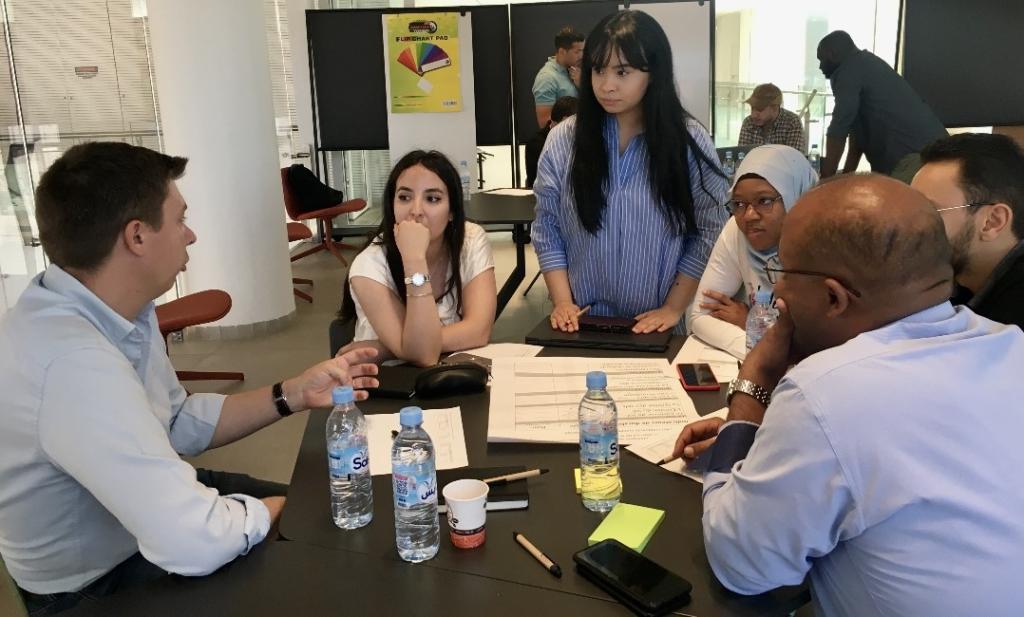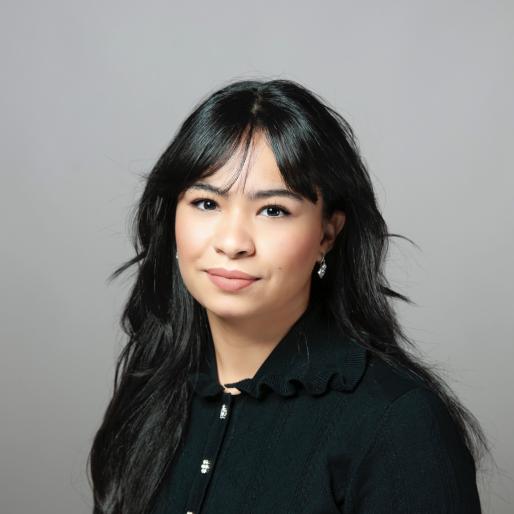The big picture: using wildflower strips for pest control
A team of researchers has developed an innovative decision-support framework designed to help land managers and policymakers navigate the complex trade-offs in agricultural planning—particularly in water-scarce regions such as Morocco’s semi-arid zones.
The approach brings together several modelling tools, including IPCC nutrient loss assessments, the Rothamsted soil carbon model, and Cornell University’s pesticide impact system, to assess the environmental and economic implications of different land-use scenarios.
Applied to irrigated farmland in Morocco, the model evaluated the government-backed push to expand olive cultivation and adopt efficient irrigation technologies. The research, co-designed with local farmers, revealed that while a shift to olive production may offer environmental benefits—including a 42% reduction in greenhouse gas emissions and a 3% cut in water use—it comes at the cost of profitability and food calorie output. Notably, the expansion of olive groves was linked to higher pesticide-related environmental impacts.

Drip irrigation, another key policy focus, showed more uniformly positive results: a 23% boost in profitability, 13% savings in water use, and a 40% reduction in nitrogen leaching. However, the researchers caution that their analysis did not account for groundwater depletion—an important factor in long-term sustainability.
No single system offers a silver bullet. Each decision involves a trade-off between production, profit, and environmental impact.
“We found that no single system offers a silver bullet,” said Dr Imane El-Fartassi who led the research which was a joint project between Rothamsted, Cranfield University and Mohammed IV Polytechnic University, Morocco. “Each decision involves a trade-off between production, profit, and environmental impact. Our framework is designed to make those trade-offs visible and support more informed, adaptive policymaking.”
The findings highlight the power of data-driven tools to inform land-use strategies in climate-vulnerable regions—and the risks of unintended consequences when policies focus too narrowly on one set of outcomes.
(Headline image: Shutterstock)

AGROECOSYSTEMS MODELLER

Spatial Statistician
Rothamsted Research is the longest-running agricultural research institute in the world. We work from gene to field with a proud history of ground-breaking
discoveries in areas as diverse as crop management, statistical interpretation and soil health. Our founders, in 1843, were the pioneers of modern
agriculture, and we are known for our imaginative science and our collaborative approach to developing innovative farm practice.
Through independent research, we make significant contributions to improving agri-food systems in the UK and internationally, with
economic impact estimated to exceed £3 bn in annual contribution to the UK economy. Our strength lies in our systems approach, which combines strategic research,
interdisciplinary teams and multiple partnerships.
Rothamsted is home to three unique National Bioscience Research Infrastructures which are open to researchers from all over the world:
The Long-Term Experiments,
Rothamsted Insect Survey and the
North Wyke Farm Platform.
We are strategically funded by the Biotechnology and Biological Sciences Research Council (BBSRC), with additional support from other national and
international funding streams, and from industry. We are also supported by the Lawes Agricultural Trust (LAT).
The Biotechnology and Biological Sciences Research Council is part of UK Research and Innovation, a non-departmental public body funded by a grant-in-aid
from the UK government.
BBSRC invests to push back the frontiers of biology and deliver a healthy, prosperous and sustainable future. Through our investments, we build and support a vibrant,
dynamic and inclusive community which delivers ground-breaking discoveries and develops bio-based solutions that contribute to tackling global challenges,
such as sustainable food production, climate change, and healthy ageing.
As part of UK Research and Innovation (UKRI), we not only play a pivotal role in fostering connections that enable the UK’s world-class research and innovation system
to flourish – we also have a responsibility to enable the creation of a research culture that is diverse, resilient, and engaged.
BBSRC proudly forges interdisciplinary collaborations where excellent bioscience has a fundamental role. We pioneer approaches that enhance the equality, diversity,
and inclusion of talent by investing in people, infrastructure, technologies, and partnerships on a global scale.
The Lawes Agricultural Trust, established in 1889 by Sir John Bennet Lawes, supports Rothamsted Research’s national and international agricultural science through the provision of land, facilities and funding. LAT, a charitable trust, owns the estates at Harpenden and Broom's Barn, including many of the buildings used by Rothamsted Research. LAT provides an annual research grant to the Director, accommodation for nearly 200 people, and support for fellowships for young scientists from developing countries. LAT also makes capital grants to help modernise facilities at Rothamsted, or invests in new buildings.